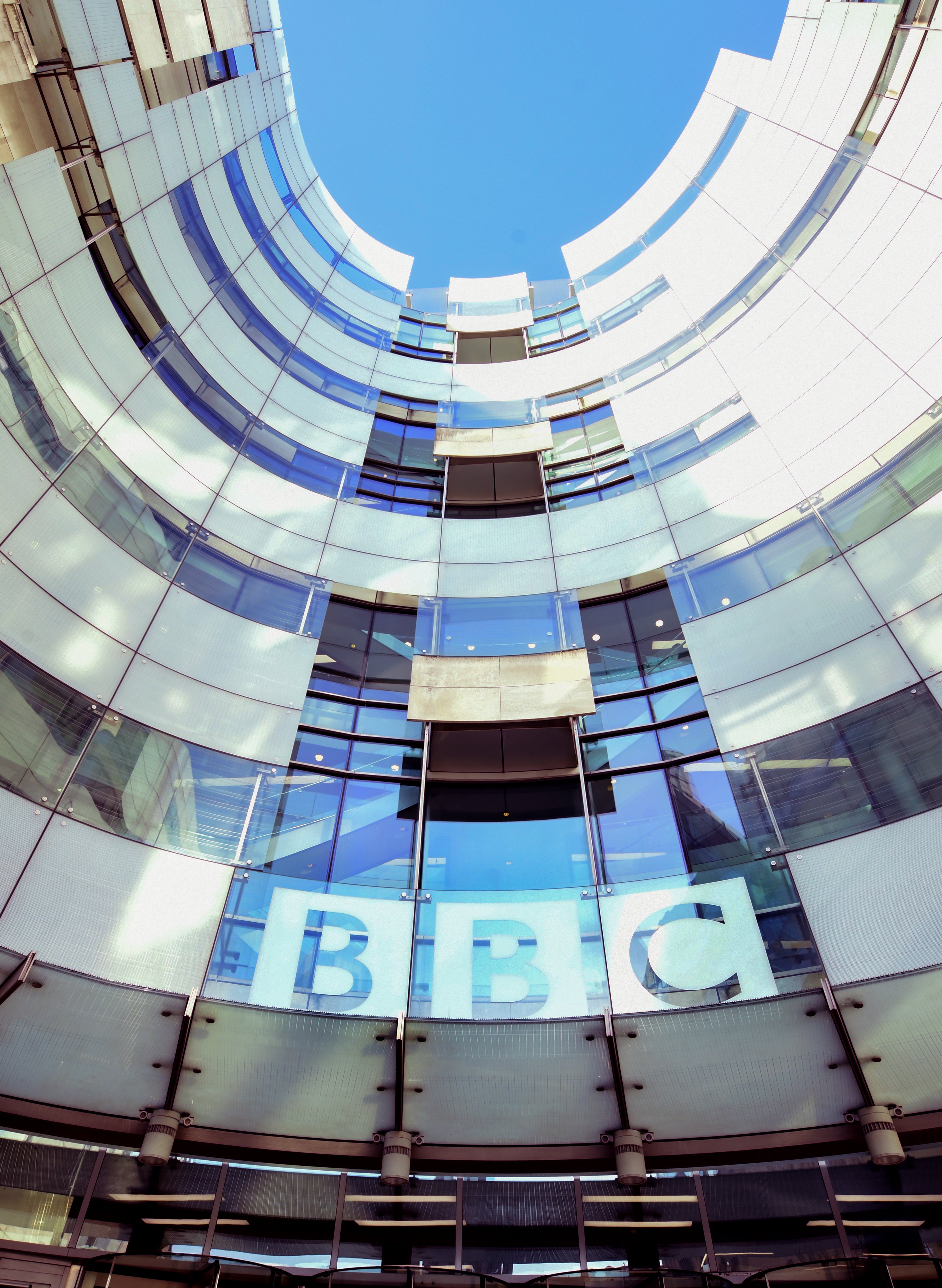Government is ‘genuinely open-minded’ about future of BBC funding model
Culture minister Julia Lopez appeared before the Lords Communications and Digital Committee as part of its inquiry into funding the broadcaster.

Your support helps us to tell the story
From reproductive rights to climate change to Big Tech, The Independent is on the ground when the story is developing. Whether it's investigating the financials of Elon Musk's pro-Trump PAC or producing our latest documentary, 'The A Word', which shines a light on the American women fighting for reproductive rights, we know how important it is to parse out the facts from the messaging.
At such a critical moment in US history, we need reporters on the ground. Your donation allows us to keep sending journalists to speak to both sides of the story.
The Independent is trusted by Americans across the entire political spectrum. And unlike many other quality news outlets, we choose not to lock Americans out of our reporting and analysis with paywalls. We believe quality journalism should be available to everyone, paid for by those who can afford it.
Your support makes all the difference.The Government is “genuinely open-minded” about the future of the BBC funding model despite the Secretary of State’s “serious concerns” about the licence fee, culture minister Julia Lopez told the House of Lords.
Culture secretary Nadine Dorries announced earlier this year that the corporation’s licence fee will be frozen for the next two years, confirming she wants to find a new funding model before the current deal expires in 2027.
Ms Lopez, the Minister of State for Media, Data, and Digital Infrastructure, appeared before the Lords Communications and Digital Committee as part of its inquiry into the future funding of the BBC.
She said: “The Government is genuinely open-minded about the right model and we are seeking for somebody to surface the choices open to any government about the right way of funding the BBC and we are doing that in advancement of 2027 so that when we look at what we seek the BBC to achieve post-2027 we have a sense of how the best way of funding that will be.
“Looking at the licence fee itself, I think it is challenged by the technological revolution, and Robert (Specterman-Green) talked about lots of viewers are now choosing not to pay for the licence fee anymore.
“It is regressive that you pay the same regardless of your circumstances, it’s enforced through criminal sanctions and I know this is something the Secretary of State has (been) particularly exercised about because she is concerned about conviction rates in particular for women.
“It is also quite expensive to administer, which is an issue that has been raised by some other panellists and from the peak of 2017/2018 when there was about 26 million people paying the licence fee it has dropped by around 700,000 … so any model has to seek to try and overcome some of the shortcomings of the existing model.
“There is an open question as to whether it can and maybe Government decides it can’t and while the Secretary of State has made clear her own position having serious concerns about the licence fee, she also said she is open-minded to what the right model is and if the review comes back and suggests that these are the pros and cons of other models and on balance the licence fee is better, I don’t think she would entirely dismiss that.”
Ms Lopez revealed that the Government are expecting to choose an independent reviewer to undertake a review of the BBC’s funding model before the Commons summer recess.
She also added they were expecting to make a decision regarding the funding “as part of the charter review process” but they aren’t able to give a “cast iron guarantee” on when that will be.
Questioned about the “contradiction” that the Government decided to privatise Channel 4 despite an “overwhelming” consultation against it, Ms Lopez said: “The Government is still within its rights to come to a different view than the one expressed by the majority to those who have responded to a consultation.
“We as ministers have a responsibility to look at a whole range of questions and the fundamental one we look at in relation to Channel 4 was what is the best thing for the sustainability of the public service broadcasting sector … and we came to the conclusion that the way in which Channel 4 was structured is a future impediment to it being a successful business.
Ms Lopez continued: “There is a number of questions in the broadcasting sector that have been bobbing around for quite some time, one of them is whether the licence fee is the right way of funding the BBC, another is how do we make sure broadcasters are relevant in the digital age, and whether Channel 4 in public hands is the best model for the sustainability of that business.
“I happen to feel proud of being in a Government that has grasped a number of these questions, taken decisions and seek to drive them forward.
“I fundamentally believe in the importance of public service broadcasting. I think it adds great value to this nation economically, democratically and culturally and I want to take decisions that sustain that sector.
“This is not some kind of culture war, I think this is about valuing public service broadcast.”